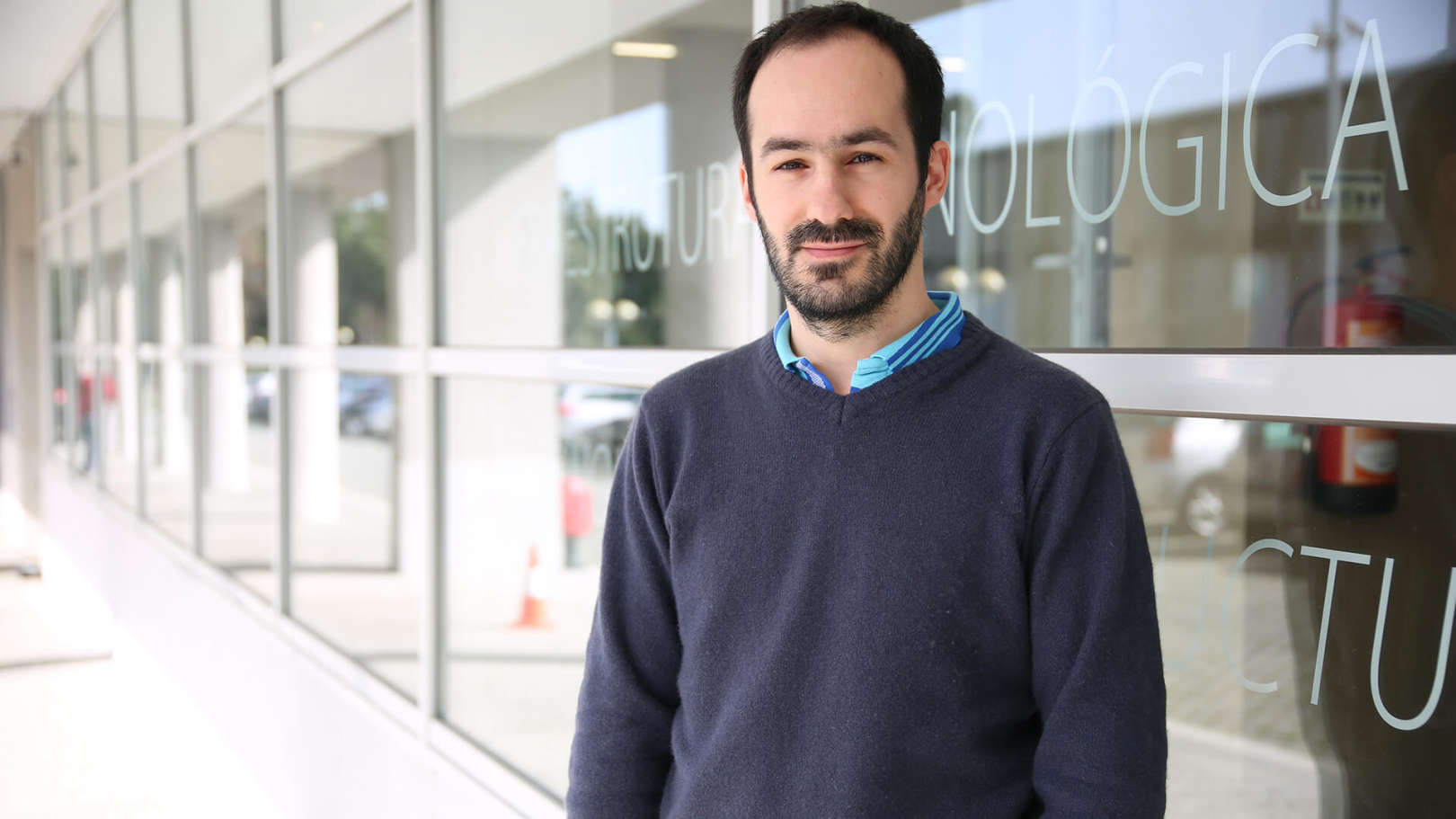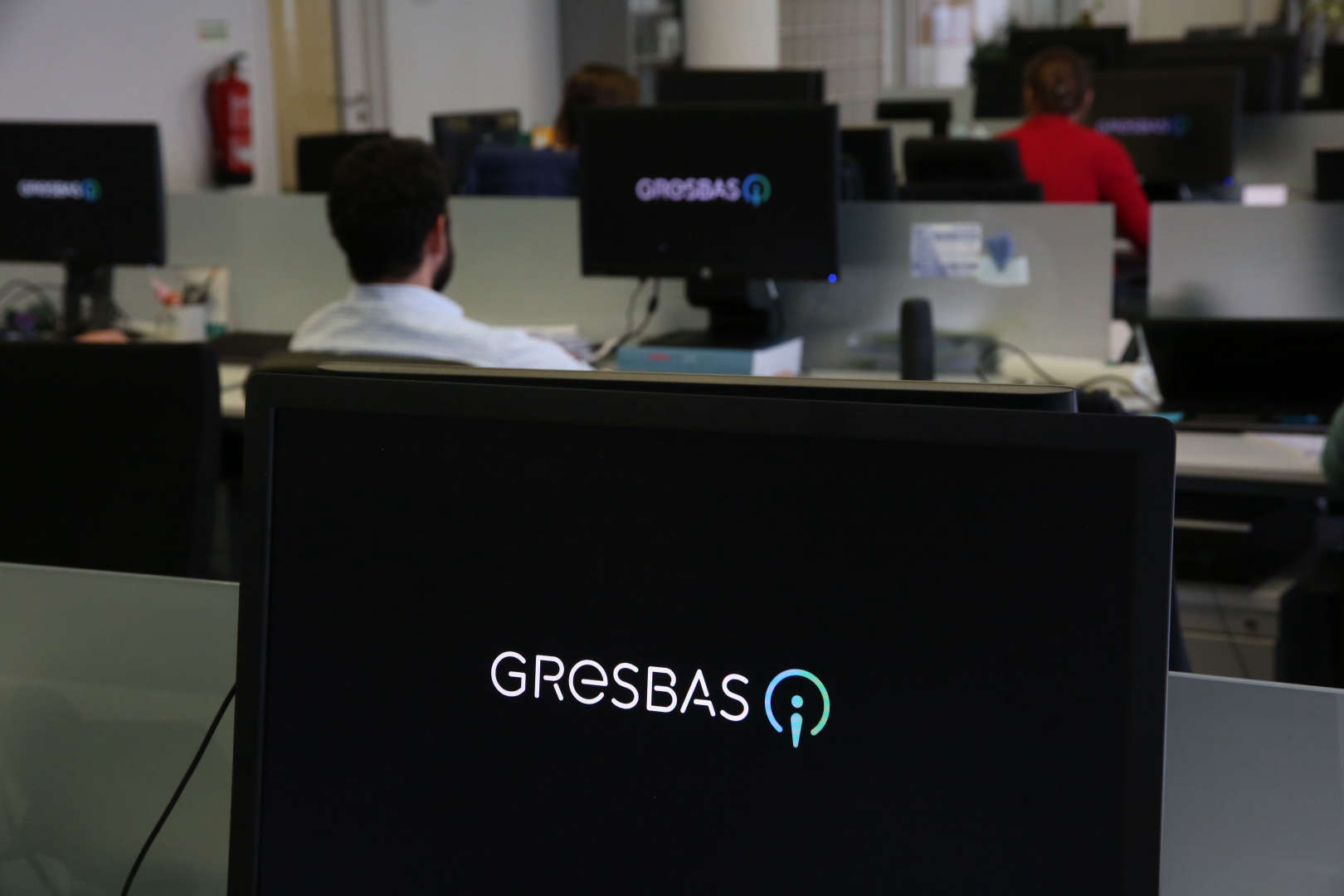About
I was born in Cinfães, Portugal in 1984. I received the Master’s degree in Electrical and Computers Engineering from the Faculty of Engineering of the University of Porto (FEUP), Portugal, in 2009 with major studies in Electricity Markets. I have been working ever since in the R&D Centre for Power and Energy Systems (CPES) at INESC TEC where I am a researcher. My professional contribute includes participation in consulting projects for Portuguese energy companies and participation in European projects within the networks planning and participation in projects aiming to optimize the operation of power systems.
On a personal level, I am motivated by the challenge. I am a creative and willing to learn person, not forgetting the critical spirit that I always try to preserve.



